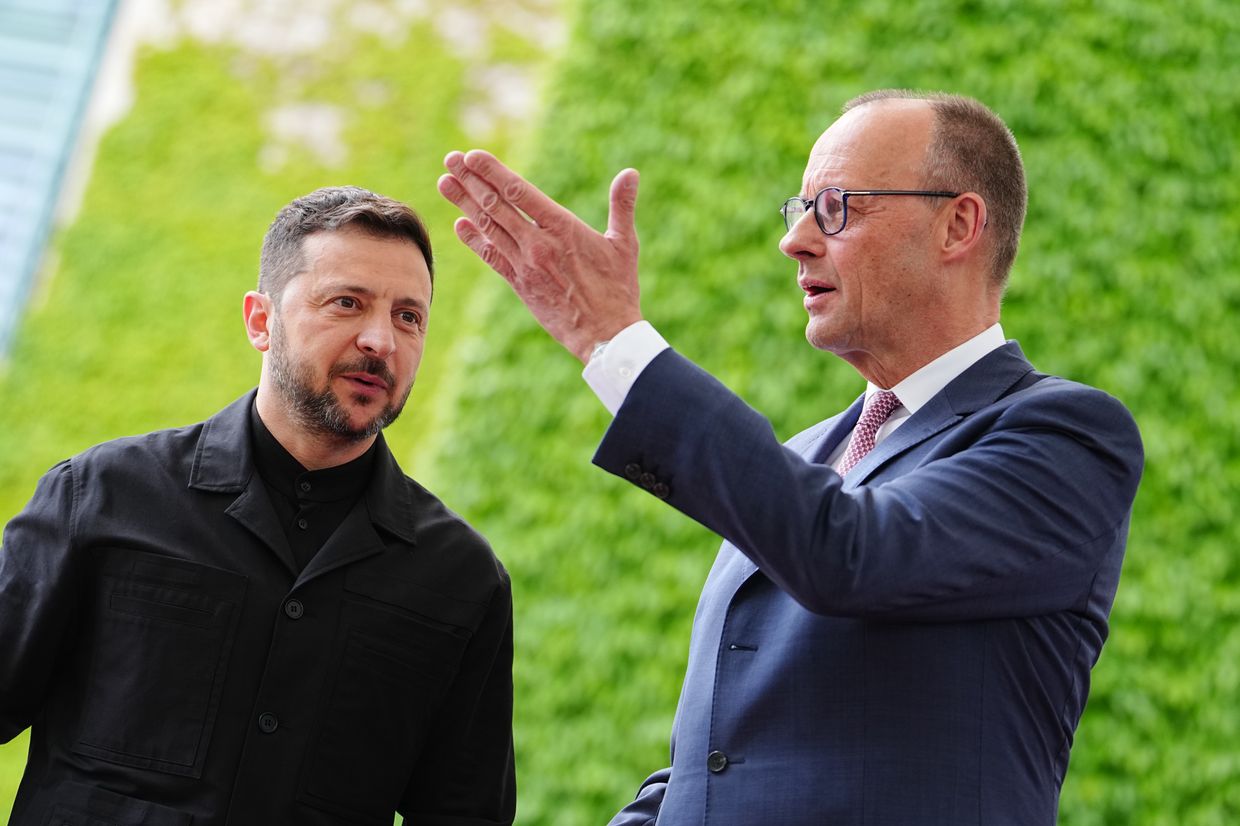Switzerland expands sanctions against Russian oil exports, aligning with EU

Switzerland extended its sanctions lists to align with the EU's 18th package against Russia, specifically targeting Moscow's largest budget revenue source – oil exports, the Swiss government said on Aug. 12.
The European Union approved "one of its strongest" 18th sanctions packages against Russia on July 18, cutting the oil price cap from $60 to $47.6 per barrel and targeting 105 vessels in Moscow's "shadow fleet".
According to the Swiss government's statement, Switzerland will also lower the oil price cap accordingly and impose sanctions against Russian "shadow fleet" vessels that help Moscow circumvent oil export sanctions and transport military goods for Russia.
Switzerland is not fully adopting the EU sanctions package, as some measures in goods trading, finance, and energy are currently under review by the Swiss government.
The country did not implement sanctions against Russian-owned Nord Stream gas pipelines, Chinese banks that facilitate sanctions evasion, or Rosneft's largest Indian refinery – Nayara Energy.
Restrictions on Russian oil product imports through third countries and sanctions against Russia's liquefied natural gas (LNG) sector were also not imposed.
Aligning with some EU measures, the Swiss Economy Ministry imposed asset freeze measures on 14 individuals and 41 entities for supporting Russia's war and sanctions evasion.
Swiss authorities also tightened export controls on 26 new entities for circumventing restrictions on unmanned aerial vehicles.
The measures take effect Aug. 12, except for the amended oil price cap, which starts Sept. 3, according to the governments's statement.
Switzerland also imposed sanctions against seven individuals and three entities linked to Russian interference in Moldova's elections and froze assets of eight Belarusian defense companies.












